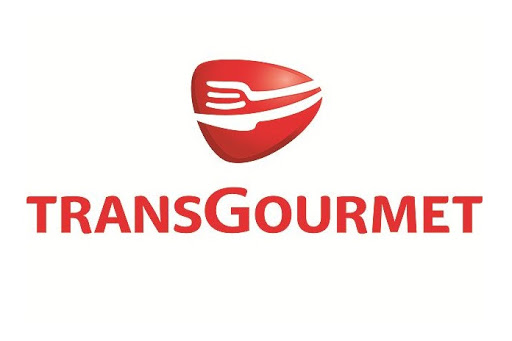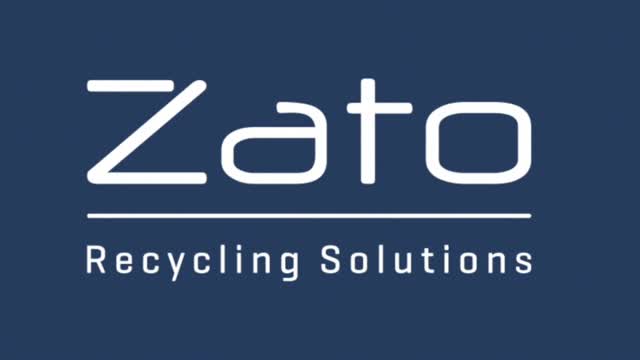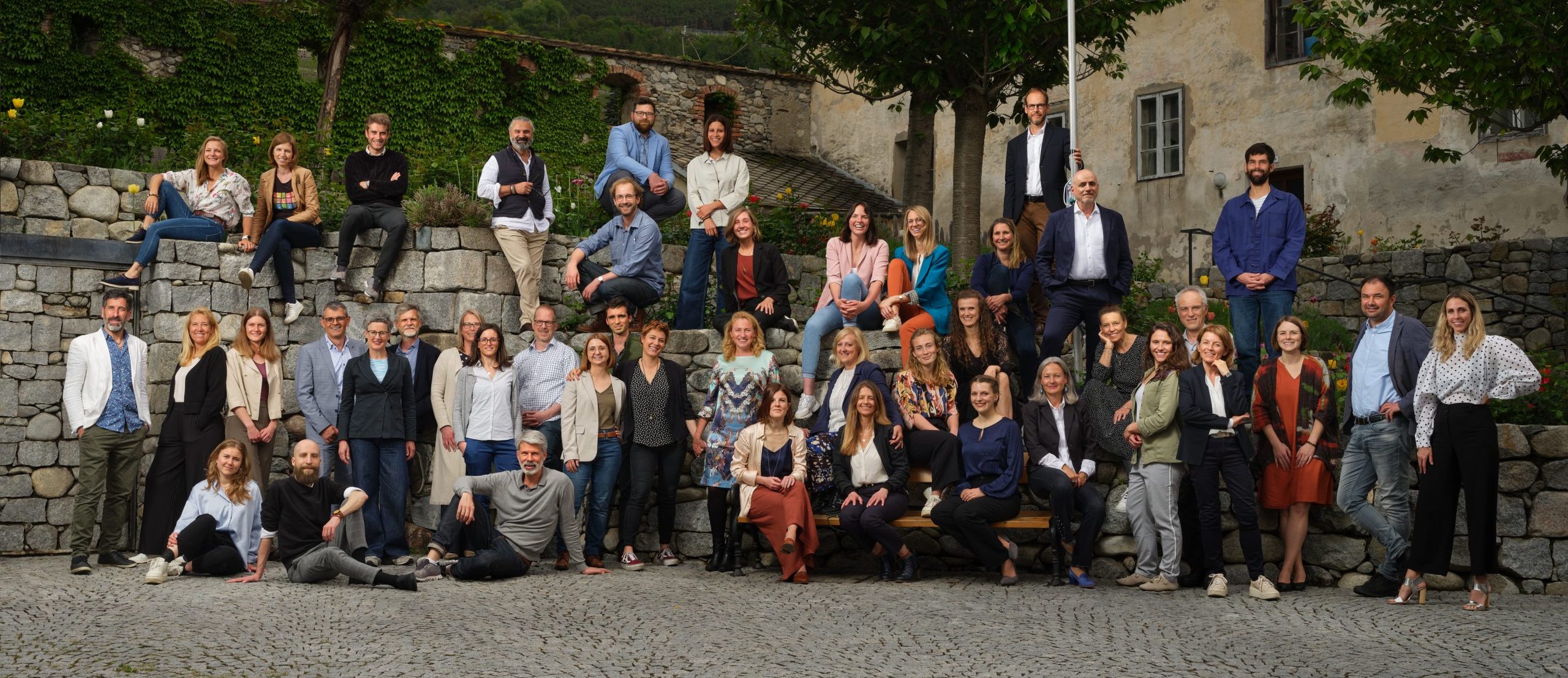CO₂ Reduction Strategies
– Recognize opportunities that future-proof your company
/ OUR OFFER
CO₂ Reduction Strategies
CO₂ reduction strategies are much more than just an ecological contribution to climate protection for your company;
They are a strategic investment in your future viability and competitive position. By implementing effective measures, you can not only significantly reduce your costs, but also minimise risks and open up new market opportunities.
Reducing CO₂ emissions is not only a matter of environmental responsibility today, but also a decisive competitive factor. Companies that proactively take measures to reduce their carbon footprint benefit from cost savings, an improved image and compliance with regulatory requirements. An effective CO₂ reduction strategy is a win for the environment and your company.
Legal Framework
The legal framework for CO₂ reduction strategies in the EU is mainly based on the EU Emissions Trading System (EU-ETS) and the European Climate Law.
These regulations require companies to accurately record and report their emissions. The EU Green Deal mandates companies to reduce their CO₂ emissions and create a concrete decarbonization plan. This makes CO₂ reduction strategies a central element of corporate planning.
How do customers benefit from our experience?
✔ Cost savings: By energy efficiency, you can significantly reduce your operating costs.
✔ Risk management: A proactive CO₂ reduction strategy is your key to minimizing climate risks, unlocking new business opportunities, and strengthening your long-term competitiveness.
✔ Innovation: Reducing CO₂ emissions promotes the development of new processes and business models that benefit both the environment and your company.
✔ Employee attractiveness: A targeted CO₂ reduction strategy not only strengthens your sustainability goals but also makes your company a particularly attractive employer. Since 76% of employees prefer companies with a clear sustainability strategy.
✔ Improved brand reputation: An effective CO₂ reduction strategy strengthens your image as a responsible company, leading to increased customer loyalty and improved brand value.

✔ Competitive advantage & access to capital: 79% of investors consider ESG performance a decisive factor for investment decisions.
Source
✔ Process optimization: A CO₂ reduction strategy enables the optimization of operational processes, which contributes to the long-term reduction of production costs.
✔ Science Based Targets: In a world demanding sustainable solutions, Science Based Targets (SBTs) are your key to success. As an entrepreneur, you face the challenge of combining economic viability with climate protection. SBTs offer you the solution.
THE COMPANIES
THAT HAVE CHOSEN US



































Why choose Terra?

Our approach
To develop a CO₂ reduction strategy, we first need to establish a CO₂ balance. This lays the foundation to identify your individual savings potentials and develop a tailored strategy for you.
- CO₂ balance: We record and analyze all relevant emission sources of your company to create a detailed CO₂ balance.
- Action planning: We identify reduction potential and develop a climate strategy based on it.
- Climate risk analysis: We identify potential climate risks in your value chain and develop strategies for risk minimization and adaptation.
- Implementation & monitoring: We support the implementation of reduction measures and establish a continuous monitoring system.
Through this structured approach, we accompany you step by step towards measurable CO₂ reduction and a future-proof climate strategy.
We also support you in developing Science Based Targets – scientifically founded climate goals that promote innovation, reduce costs, and secure your company’s competitiveness in a low-carbon future.
Ready for a sustainable success story?
Would you like to lower your emissions effectively and take your CO₂ reduction strategy to the next level? We are here with tailor-made advice and practical solutions!
Contact us now and develop your individual CO₂ reduction strategy with us.
Let’s pave the way to a more climate-friendly future together!
Frequently asked questions about CO₂ reduction strategies – FAQs
1. What is a CO₂ reduction strategy and why do I need it?
A CO₂ reduction strategy is a comprehensive plan for your company to systematically reduce its greenhouse gas emissions. It is important because it helps you
- meet legal requirements,
- reduce costs (e.g., through energy efficiency),
- improve your image (with customers, investors, and employees), and
- make a positive contribution to climate protection.
In short: It is good for the environment and good for your business.
2. How does a reduction strategy help my company concretely?
A CO₂ reduction strategy offers concrete advantages:
- Cost savings
- Competitive advantage & access to capital
- Risk management
- Innovation
- Employee attractiveness
3. What is the first step in a CO₂ reduction strategy?
The first step is creating a CO₂ balance. We record your total direct and indirect emissions to identify the biggest “emission sources” in your company. This balance serves as the basis for developing a tailored CO₂ reduction strategy.
4. What are KPIs?
Examples include:
- Reduction of energy consumption per unit of production
- Share of renewable energy in total energy consumption
- Reduction of emissions due to transport and logistics
- Waste reduction and recycling rates
KPIs help you monitor your progress, adjust your strategy, and communicate your successes transparently (e.g., in a sustainability report).
5. What are Science Based Targets?
SBTi are scientifically based climate goals that bring your company in line with the Paris Agreement. They show you precisely how much and how fast you need to reduce your emissions to make a real contribution to climate protection.
The benefits of Science Based Targets for your company are diverse: They give you a competitive advantage, promote innovation, increase cost efficiency, strengthen customer loyalty, secure your future viability, and meet the requirements of your major customers and supply chains.
Set the foundation for sustainable business success with Science Based Targets.
6. Why is a climate risk analysis important?
A climate risk analysis helps you identify potential threats to your value chain from climate change. This enables you to take proactive measures to make your business activities resilient and future-proof.
Download your checklist for free: HERE
7. What is the European Green Deal?
The European Green Deal is a roadmap for a sustainable EU economy. This goal is to be achieved by viewing climate and environmental policy challenges across all sectors as opportunities and ensuring the transition is fair and inclusive for all. Therefore, the European Green Deal includes a roadmap with measures:
- to promote more efficient resource use through the transition to a clean and circular economy
- to restore biodiversity and fight pollution
It shows which investments are required and how these can be financed, and explains how a just and inclusive transition can succeed. To reach this, a European Climate Law was proposed to put this political commitment into law and trigger investments.
All economic sectors are to actively contribute to climate goals. These include:
- Investments in new, environmentally friendly technologies
- Supporting industry innovation
- Introducing environmentally friendlier, more cost-effective, and healthier forms of private and public transport
- Decarbonizing the energy sector
- Increasing the energy efficiency of buildings
- Collaborating with international partners to improve global environmental standards
The EU aims to support people, companies, and regions most affected by the transition to a green economy financially and with technical assistance. This is to be done through the Just Transition Mechanism, which aims to mobilize at least 100 billion euros in the most affected regions between 2021 and 2027.
Contacts
If you have any questions or would like assistance with introducing and using Terra Footprint, we would be happy to advise you and accompany you on your journey towards greater sustainability.
The easiest way to get in touch with us is here!
Please note our Privacy Policy and conditions.
Thank you very much! We look forward to receiving your message!
office@terra-institute.eu
Tel. +39 0472 970 484.
-


BRESSANONE HEADQUARTERS
Terra Institute Srl
Via Sant'Albuino 2
39042 Bressanone (BZ)
Italy
INNSBRUCK OFFICE AUSTRIA WESt
Terra Institute Austria FlexCo
Karl-Kapferer-Straße 5
6020 Innsbruck
Austria
